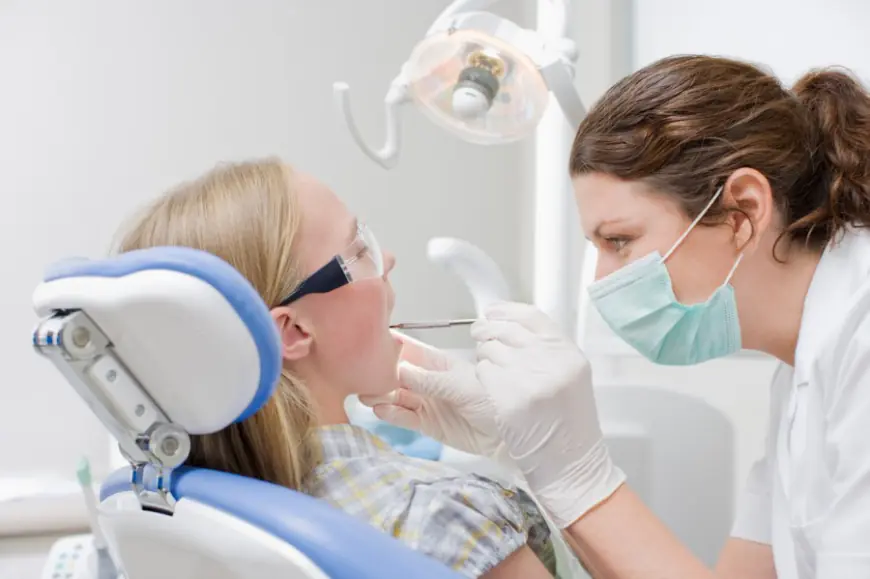Is your dentist looking out for your best interests — or theirs?
An opinion published recently in the Journal of the American Medical Association (JAMA) has sparked a debate over whether dentists always have their patients' best interests in mind - or if they are motivated by money. The piece, titled “Too Much Dentistry,” was authored by Paulo Nadanovsky, DDS, Ph.D., and several colleagues. Nadanovsky argues that dental care [...]

An opinion published recently in the Journal of the American Medical Association (JAMA) has sparked a debate over whether dentists always have their patients' best interests in mind - or if they are motivated by money.
The piece, titled “Too Much Dentistry,” was authored by Paulo Nadanovsky, DDS, Ph.D., and several colleagues. Nadanovsky argues that dental care in the United States is in dire need of reform and lags behind other medical fields, which have moved toward “evidence-based” treatment.
“Most dental care relies on practice patterns influenced by the economic pressures of running a dental practice, dentists’ professional training and opinions, and patients’ expectations, all of which tend to favor excessive diagnoses and interventions,” Nadanovsky writes.
The JAMA article notes a dramatic drop in tooth decay in the U.S. in the 1970s due to the widespread use of fluoride toothpaste, which inevitably affected the profession.
“This decline in the number of patients’ [cavities] impacted dentists’ workloads and has played a role in overdiagnosis and overtreatment so that dentists can support their practices,” Nadanovsky argues.
In response, he says, dentists began recommending routine six-month checkups regardless of need. He also claims dentists started treating more “noncavitated caries lesions,” or demineralized enamel spots, with fillings, even though “the majority” will not develop into actual cavities.
Nadanovsky adds that regular scaling and polishing every six months is unnecessary for most adults.
The response
The dental community’s reaction to the piece has been... complicated.
While nearly everyone agrees that dental health is essential, many stress that care should focus on the patient’s needs above all else.
“The authors forget the importance of preventive dentistry,” wrote Jayro Guimaraes Jr., an associate professor of oral medicine at São Paulo University. “Dentistry isn’t only about cavities and periodontal disease. Oral medicine, oral diseases, and their relationship to systemic diseases is equally important.”
Some experts questioned why the authors didn’t address the frequent use of dental X-rays, which expose patients to radiation. Others point out that dental offices are a rarity in healthcare as essentially a one-stop shop.
“Dentistry is among the few remaining health care professions where clinical examination, diagnostic testing including radiographs, diagnosis, treatment planning, and treatment are all performed in place, often by the same care practitioner,” wrote Yehuda Zadik, a professor of dental medicine at the Hebrew University of Jerusalem, in JAMA’s invited commentary. “This model of care delivery prevents external oversight of the entire process.”
Nadanovsky says the current “fee-for-service” model is ripe for abuse and that a “value-based” model, where dentists are paid to maintain oral health rather than deliver fillings, cleanings and fluoride applications, would be more effective.
“Identifying which dental procedures are beneficial and ensuring that relevant dental associations update their guidelines accordingly provide an opportunity to allocate resources to those who need them the most,” he writes.
What's Your Reaction?









































































































